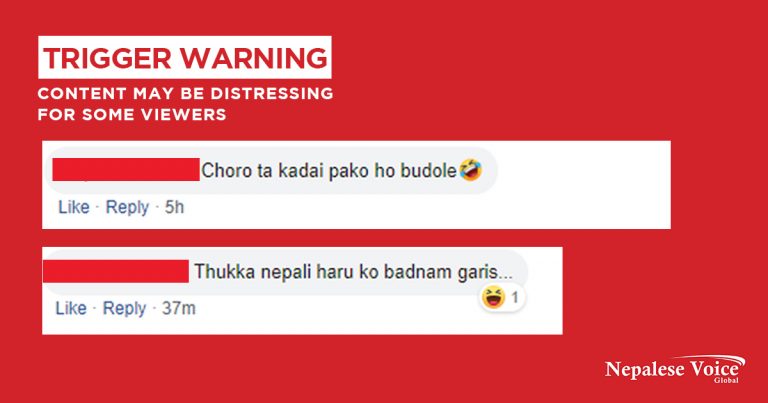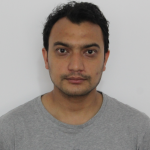
Working in the news and media industry for five years, I think I can speak for the fraternity that time and again we are posed with difficult situations. Situations where we have to put ‘information’ above ’emotions’.
Similarly, being a Diaspora Paper, yesterday, we received reports of two youths involved in an alleged international fraud syndicate. We, and many other media outlets, putting ‘information first’ duly reported the matter.
Usually, after reports are published, we do not have much control over how the information is consumed, and are told to be unaffected by it. We try to, however, in this particular instance, we could not keep shut.
Nepalis, in Australia, at home, or anywhere else are usually a tight-knit community – we celebrate individual achievements as national achievements, take for example Arthur Gunn’s (Dibesh Pokhrel) journey towards becoming runners-up in American Idol 2020.
At the same time, we also do not negative stories lightly – and often end up blurring borders between private and public space when expressing our sentiment.
In this instance, ever since the 21 year old woman and 19 year old man’s identities have been made public, public have taken the pain to go into their personal accounts, and make hate-comments. At several instances, social media users, who range from Nepalis at home and Australia, have even commented on their parent’s posts too.
Many of the comments public shame them with a nationalist narrative, saying their individual actions have made the entire nation ashamed, and some have gone beyond and made sexist remarks on the woman’s account.
Take for example these screenshots:


Translation: “Mother, your daughter-in-law who is enjoying her life in Australia, is un-interested in marriage. But now will be married by Australian Police. Here is a vulgar image of the daughter-in-law who spoilt your son.



Other social media users, although not partaking in sexist comments, offer information and advice to the parents of the two:






A few patriotic people who have taken offence to their act, express their sentiments as below:




While negative comments are in abundance, a few have also called out on such hate-comments, and have asked users to stop such bad habits. Such comments are mostly seen when users have commented harshly on their parents’ posts – a few have requested to others to take down such comments too.


Our intention in sharing the above images is not to call out individuals – but to call out our hypocrisy:
Hypocrisy 1:
Why drag the parents?
Because, it is a societal problem – in Nepal, usually until the child is married, s/he is the parents problem – if the children does good, the parents are made proud, and if situations like these arise, they are attributed to poor parenting.
It is important to note that both were legal age when performing the act. Had it involved people with other nationalities, for example Australians of European descent, would we have dragged the parents? If not, then living in the same land, isn’t it time we shunned attributing individual failures to poor parenting?
Hypocrisy 2:
The difference in the tone of comments between the two genders highlights our sexist nature – the woman is bombarded with sexist comments, many very vulgar, while the man’s page is void of comments about his physical features.
Hypocrisy 3:
Why can we not tie down individual feats as simply individual accomplishments – take for example, Arthur Gunn’s American Idol journey – social media users were requesting Arthur Gunn to wear a traditional Nepali cap during his performance.
While he indeed made Nepalis proud with his amazing feat, did we miss out on celebrating his personal musical journey with our nationalistic narrative? Similarly, in context to yesterday’s incident, does the action of two people put an entire nation’s credibility at stake?
Are we that insecure?
The opinions expressed in this article are of its editor, and have been penned after witnessing a bombardment of hate-comments on the personal pages of the two accused in Sydney.
About Nepalese Voice Australia:
As a responsible organisation, Nepalese Voice is committed to ensure responsible content through our media materials. As an organisation, we believe in empowerment through information and are an ardent believer and supporter of multiculutaralism.






